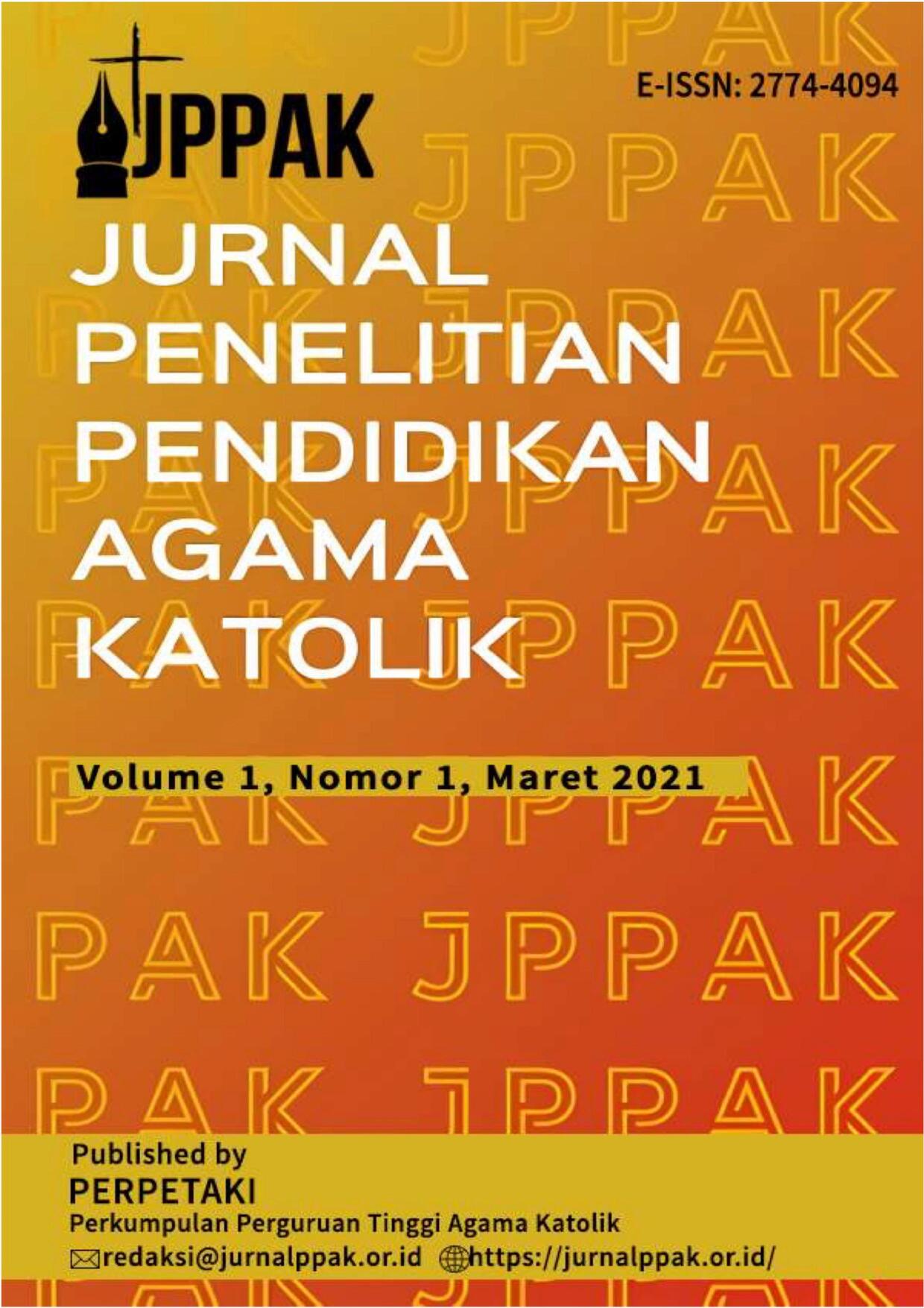The Impact of Character Building towards Emotional Intelligence of Grade XI Students of SMA Negeri 1 Malaka Barat Besikama
DOI:
https://doi.org/10.52110/jppak.v1i1.5Keywords:
Character Building; Emotional IntelligenceAbstract
The purpose of this study was to determine the effect of character education on students emotional intelligence, and also measure how much influence the character's education had on the emotional intelligence of teenagers. Researchers used quantitative research methods to be able to know and at the same time measure the effect between variable X and variable Y. This research was conducted at SMA Negeri 1 Malaka Barat, especially class XI with a total number of students of 160. Determination of the sample was selected using random sampling techniques, while the number the sample was determined by the Slovin formula of 62 students. The determination of this sample is considered representative and can be justified because it uses standard techniques that can be trusted. The research data were collected through observation and questionnaire distribution, and then an analysis was carried out with the previous normality test, product moment correlation test and simple regression equation.
The research data shows that between character education in schools and emotional intelligence have a "strong" relationship, where the results of the product moment correlation test found a correlation coefficient of 0.784 or as much as 61.46% if converted using the coefficient of determination test. From these data it can be concluded that there is a strong influence between character education and adolescent emotional intelligence of 61.46% and the remaining 38.54% is determined by other factors.
Downloads
##submission.downloads##
Submitted
Accepted
Published
How to Cite
Issue
Section
License
Copyright (c) 2020 Jurnal Penelitian Pendidikan Agama Katolik

This work is licensed under a Creative Commons Attribution 4.0 International License.
Copyright Notice and Permissions
Jurnal Penelitian Pendidikan Agama Katolik offers immediate open access to all its content on the principle to make researches freely available to the public, especially to the scholars, to support greater global exchanges of knowledge. This journal encourages all scholarly authors to allow their research openly available, free access and without time restrictions.
All articles published Open Access will be immediately and permanently free for everyone to read and download. Under the CC BY-SA 4.0 license, authors retain ownership of the copyright for their article, however authors grant others permission to use the content of publications in Jurnal Penelitian Pendidikan Agama Katolik (JPPAK) in whole or in part provided that the original work is properly cited. Users (redistributors) of Jurnal Penelitian Pendidikan Agama Katolik (JPPAK) are required to cite the original source by including at least: the full title of the article, the author's or authors' full name(s), JPPAK as the initial source of publication, year of publication and volume number using a propriate citing method.
Copyright encompasses exclusive rights to reproduce and deliver the article in all form and media, including reprints, photographs, microfilms and any other similar reproductions, as well as translations. The reproduction of any part of this journal, its storage in databases and its transmission by any form or media, such as electronic, electrostatic and mechanical copies, photocopies, recordings, magnetic media is prohibited without consent of Jurnal Penelitian Pendidikan Agama Katolik (JPPAK).
Jurnal Penelitian Pendidikan Agama Katolik (JPPAK) is licensed under a Creative Commons Attribution Share-Alike 4.0 International. (CC BY-SA 4.0)
Authors who publish with Jurnal Penelitian Pendidikan Agama Katolik (JPPAK) agree to the following terms:
- Authors retain copyright and grant the journal right of first publication with the work simultaneously licensed under a Creative Commons Attribution Share-Alike 4.0 International (CC BY-SA 4.0) license that allows others to share the work with an acknowledgement of the work's authorship and initial publication in this journal.
- Authors are able to enter into separate, additional contractual arrangements for the non-exclusive distribution of the journal's published version of the work (e.g., post it to an institutional repository or publish it in a book), with an acknowledgement of its initial publication in this journal.
- Authors are permitted and encouraged to post their work online (e.g., in institutional repositories or on their website) after the publication on JPPAK, as long as it not published on other OJS for it will be treated as plagiarism by plagiarism checker apps. It can lead to productive exchanges, as well as earlier and greater citation of published work (See The Effect of Open Access).












